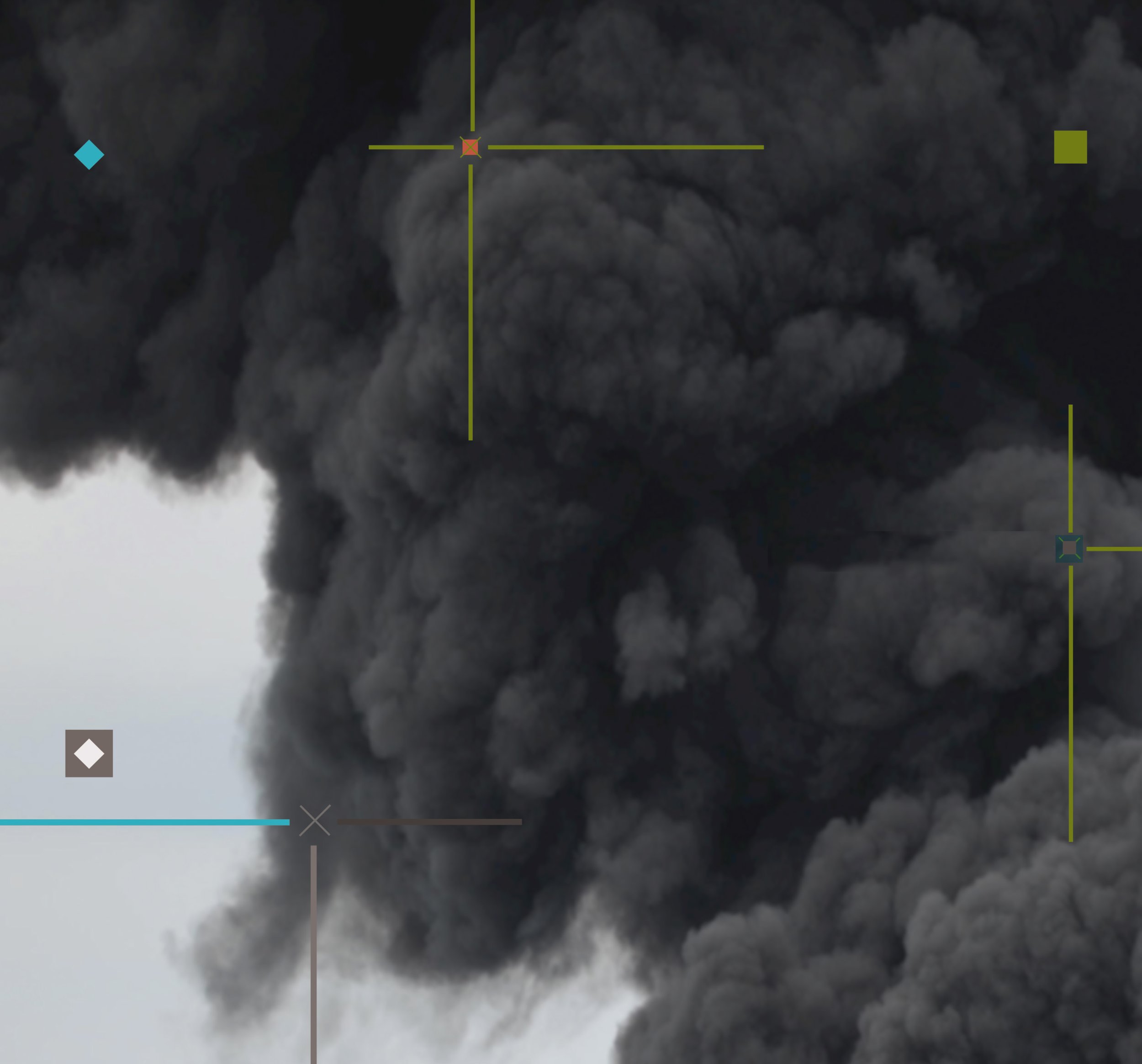
ANASTASIA AFANASIEVA
Anastasia Afanasieva was born in Kharkiv in 1982. She is the author of six books of poetry and the winner of numerous major literary awards and prizes, including the Debut Prize and the Russian Award, two of the top awards in Russian poetry. Her poetry has been translated into English, German, Italian, Ukrainian, and Belarusian. In the US, her poems in translation have appeared in Cimarron Review, Jacket Magazine, and Blue Lyra Review. She is the translator of Ilya Kaminsky’s book Music of the Wind (Ailuros, 2012). The English language translation of Afanasieva’s poem about refugees won First Place in the 2014 Joseph Brodsky/Stephen Spender Prize Competition.

From the Translators
Oksana Maksymchuk & Max Rosochinsky
Anastasia Afanasieva's poem “She says we don't have the right kind of basement in our building” tells of loss and exile following the 2014 war in Eastern Ukraine. It opens with a monologue, in which a recent refugee recounts the situation from which she fled to an interlocutor, and ends with the interlocutor's own reflections on what she has heard.
The poem is written in free verse, with no rhymes or other poetic devices such as alliterations and assonances. Rather, it's rendered in a documentary-like style, offering striking snapshots of traumatic events in simple, straightforward language. We've tried to find an appropriate idiom for the author's seemingly simple and self-consciously anti-artistic choice of phrases and words in this poem. We've settled on unembellished common sense writing style that one could find in an unsophisticated blog or internet forum. We've also preserved the author's original punctuation, which represents the chopped-up style of documentary reporting and emphasises the incompleteness of what's communicated and the impossibility of successfully describing traumatic experiences.
In the last stanza, the inner speech approach generated an ambiguity in the Russian text: the narrator says 'I listen and I don't know' and then instead of naming an intentional object of her ignorance, she starts a new thought entirely. Initially, we thought that connecting the communication of uncertainty in the first line ('I listen and I don't know') and the rest of the stanza would make the text more readable. To this end, we rendered the first part of the stanza thus: 'I listen and I don't know / if heaven and hell really exist / but if they do…' However, we then decided to go with the inner speech approach in order to capture the narrator's insight that no matter how often one listens to the stories of the victims of violence, one will never know what they have gone through.
